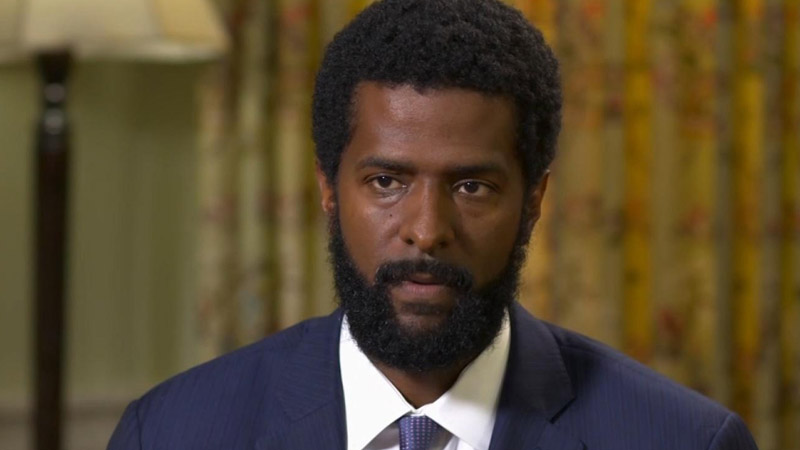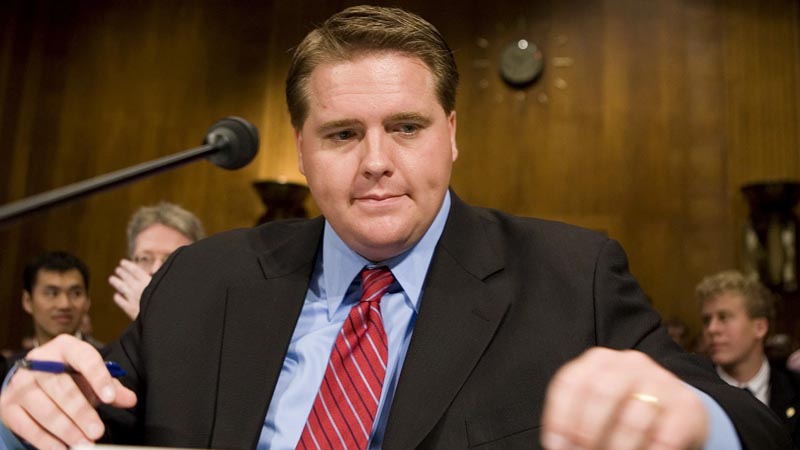Bakari Sellers Rebukes Scott Jennings’ Claims of Biden Leaving Office ‘In Disgrace’ on CNN Panel

(pbs)
During the panel segment of CNN’s State of the Union on Sunday, Bakari Sellers swiftly responded to conservative commentator Scott Jennings’ criticism of President Joe Biden, effectively shutting down his extended attack on the president. Jennings had launched into a heated diatribe, labeling Biden’s presidency a “disgrace” as part of a discussion about the final days of Biden’s time in office.
“I think he’s going to leave office in disgrace. The Hunter Biden pardon was disgraceful,” Jennings began, arguing that the president’s legacy would be marred by several key issues. He continued, “He’s going to be remembered largely for inflation and for the disastrous Afghanistan pullout,” adding that ongoing revelations about the White House’s handling of Biden’s health and mental acuity would further tarnish his legacy.
As Jennings continued his criticism, he emphasized the notion of a “cover-up” regarding Biden’s mental state and alleged efforts by the White House staff and the president’s family to conceal it over the course of his term. “I think it’s going to be a really ugly chapter,” he stated. “It’s a diminished presidency because of it, and I think we still don’t know the full extent of what they did to try to hide what they’ve been doing over in the West Wing.”

However, Bakari Sellers quickly shot down Jennings’ assessment. In a calm yet firm response, Sellers clarified, “So I think leaving in disgrace is when you have an insurrection at the Capitol –– like that’s leaving in disgrace.” He went on to provide a pointed contrast, adding, “Being impeached twice is leaving in disgrace, so that’s that’s a difference.”
Sellers’ remarks were aimed at drawing a stark distinction between the current president’s record and the actions of former President Donald Trump, who faced impeachment twice and was involved in the January 6th Capitol insurrection. Sellers’ intervention served as a sharp rebuttal to Jennings’ claims and highlighted the contrasting narratives around the notion of “disgrace” in the context of American presidencies.


